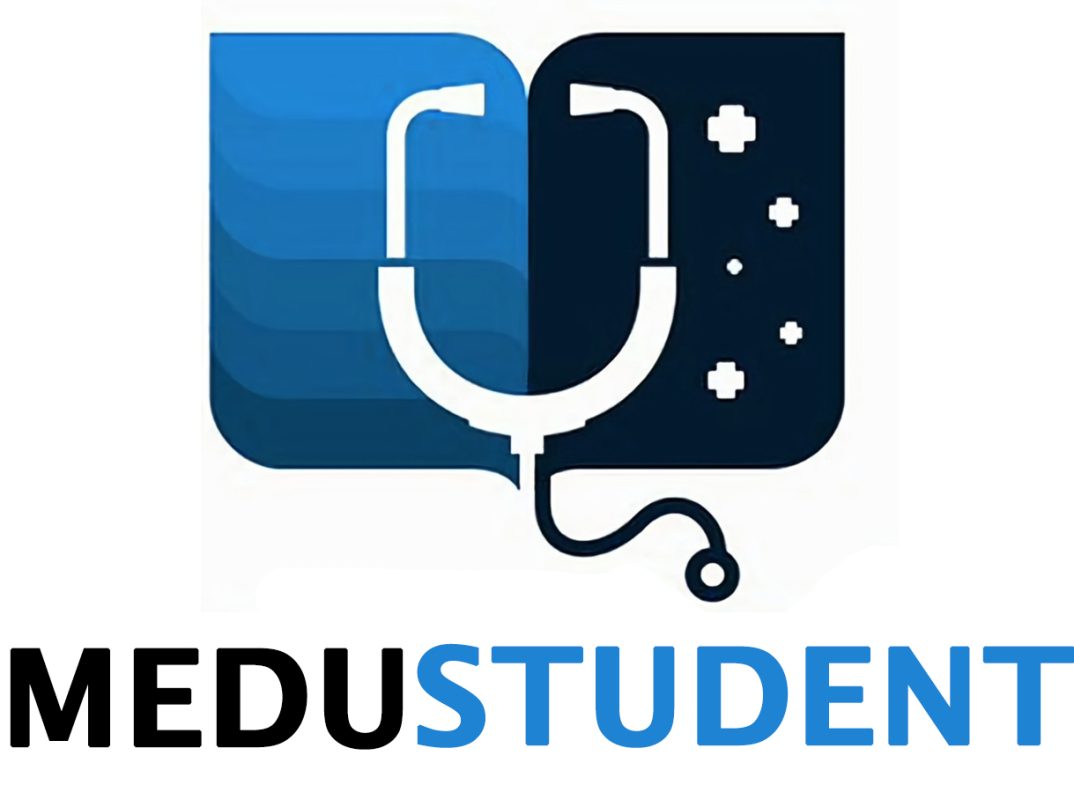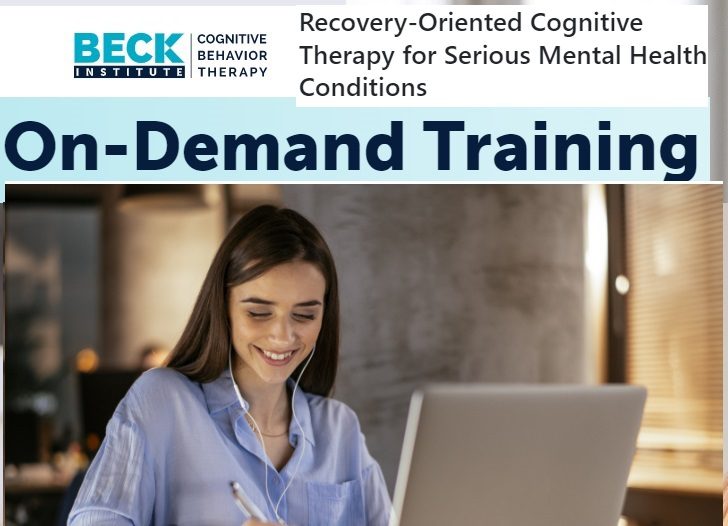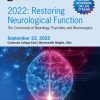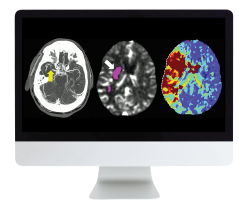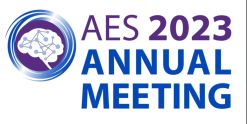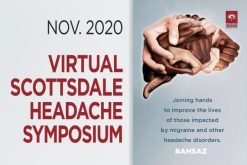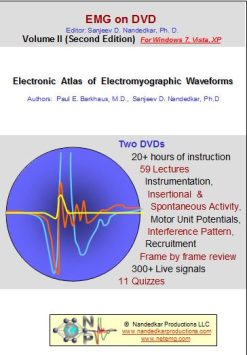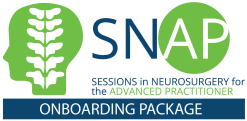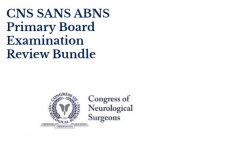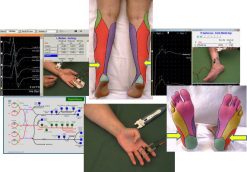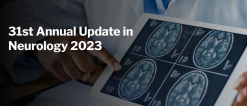CBT (Cognitive Behavioral Therapy ) Recovery-Oriented Cognitive Therapy for Serious Mental Health Conditions 2022
$50,00
This Product is shared via google drive download link, So please share your correct Gmail id while placing the order .Please note that there are no CME points or certificate associated with this course Samples for Courses Can be found here : Free Samples Here!
CBT (Cognitive Behavioral Therapy ) Recovery-Oriented Cognitive Therapy for Serious Mental Health Conditions 2022
video+PDF+ Questions on each module
Learn Recovery-Oriented Cognitive Therapy (CT-R) from the team that developed this revolutionary practice alongside Dr. Aaron Beck. This interactive online course will help you develop skills to work with individuals diagnosed with schizophrenia and other serious mental health conditions. You will learn how to: access and energize adaptive modes of living, use the Socratic process to elicit transformative life aspirations, promote daily action that achieves purpose and meaning, and empower and develop resilience in the face of behavioral, social, and physical challenges. You can use CT-R with individuals across the age-span in many settings, including: individual, group, and team-based applications in community-based teams and agencies, acute and long-term inpatient units, correctional settings, and integrative health.
Guided by Dr. Aaron T. Beck’s cognitive model, Recovery-Oriented Cognitive Therapy (CT-R) provides concrete, actionable steps to promote recovery and resiliency. Originally developed to empower individuals given a diagnosis of schizophrenia, CT-R applies broadly to individuals experiencing extensive behavioral, social, and physical health challenges. CT-R is highly collaborative, person-centered, and strengths-based and focuses on developing and strengthening positive beliefs of purpose, hope, efficacy, empowerment and belonging.
This on-demand course is a good fit for staff of all disciplines across all levels of education and experience working with individuals who have been diagnosed with serious mental health conditions.
Course Curriculum
-
The Recovery-Oriented Cognitive Therapy (CT-R) Approach
- Module 1: The Basics of CT-R: Public Health, Beliefs, Modes, Recovery, Resilience, &Evidence
- Module 2: Accessing and Energizing the Adaptive Mode
- Module 3: Dreaming Big: Developing the Adaptive Mode with Meaningful Aspirations
- Module 4: Positive Action
- Module 5: Strengthening the Adaptive Mode: Drawing Conclusions with Guided Discovery
- Module 6: Recovery Map
Applying CT-R to Challenges
- Module 1: Empowerment for Negative Symptoms
- Module 2: Beliefs that can be difficult to understand (Delusions)
- Module 3: Understanding Challenges: Hallucinations
- Module 4: Challenges: Trauma, Aggression, Self-Injury
Optional Setting-Specific Modules
- Module 1: CT-R in Individual Therapy
- Module 2: CT-R on the Milieu
Related products
NEUROLOGY
Psychiatry
